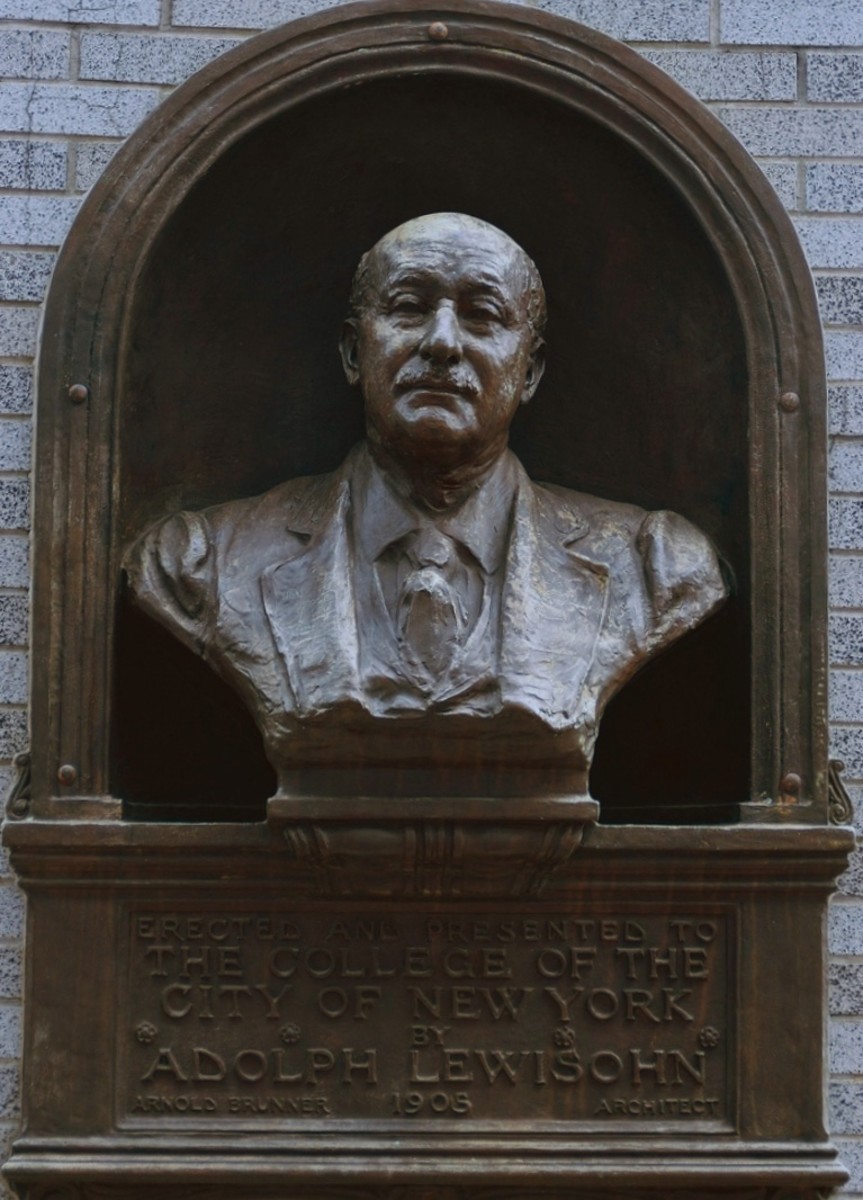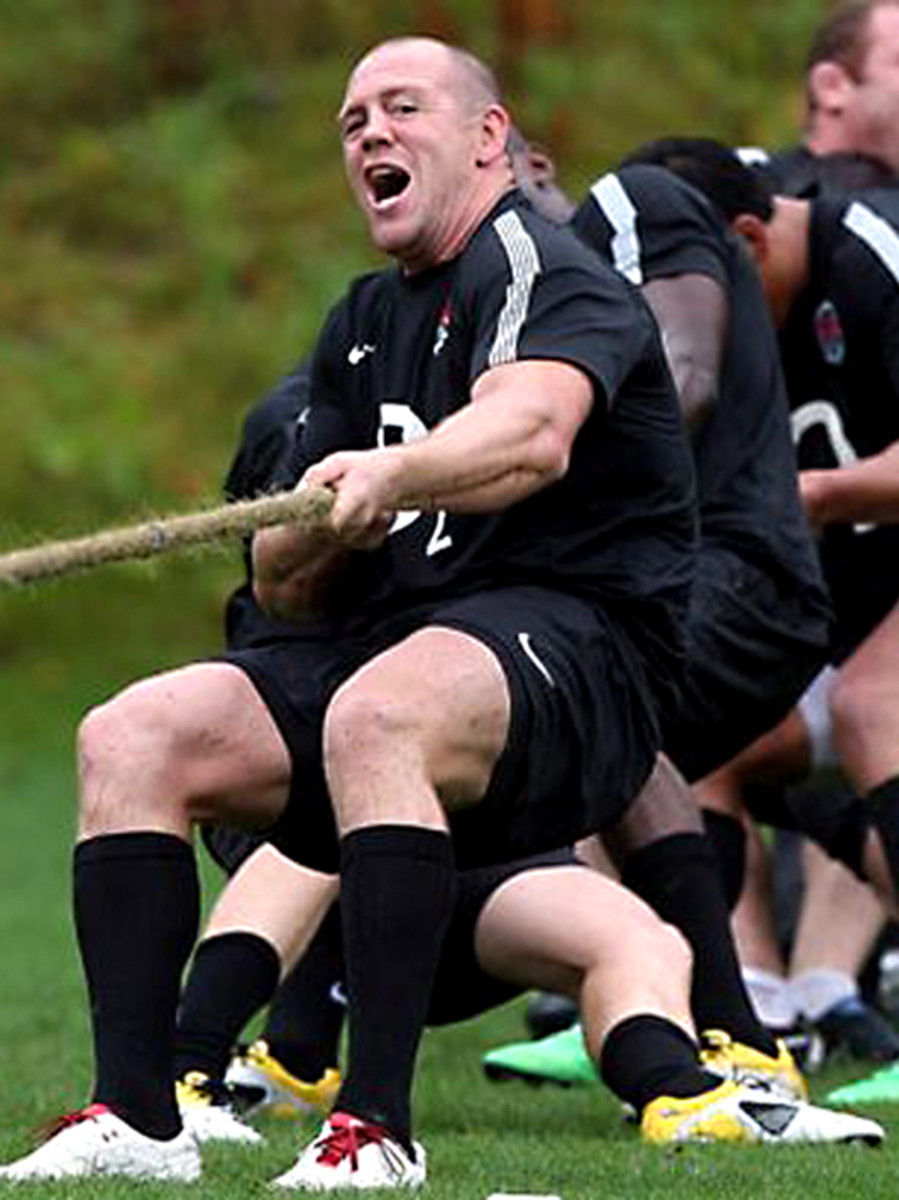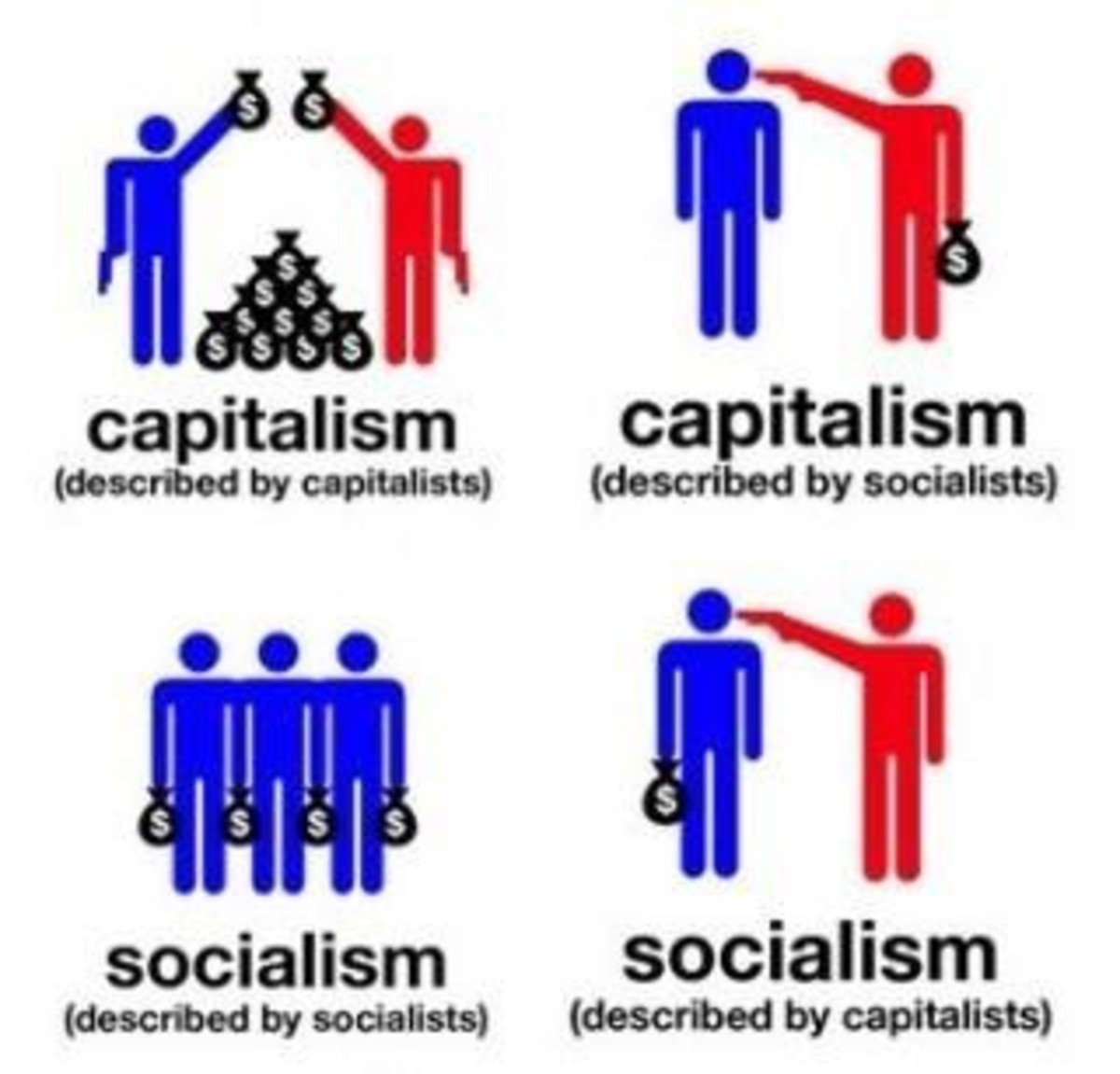Explaining Capitalism by Using the Sport of Fencing

Introduction
Over the years, I have written about finance, economics and political systems and sports and technology. Now, I want to try a simple way to explain capitalism using the sport of fencing. Bear with me.
- Jan. 2019
Background
Economics is a hard topic, to teach and to learn. It is not an exact science like math where 1 + 1 = 2. It has certain basic principles that it operates under. Once you understand these principles, and how it applies to human behavior, then you have achieved the knowledge.
I am going to teach you about basic economics as it applies to an individual and later how it translate into a company. To do so, I will explain a bit about the competitive sport of Fencing. It could be almost any other sport but fencing is what I know best.
In competitive fencing, individuals like you and me can decide to participate. We can join a club and hire a coach and learn the concept of the sport. Then we can invest the time and energy to perfect those skills. Then, at some level, we can participate in open competitions. If we do well, we earn a ranking of A, B, C, D, E or U depending how well we do among others of the same age group or classification. Once we elevate to the national level, there is a national tournament once a year where all the top fencers meet to compete. The top finishers earn points. These points are accumulated over the years and the top 3 or 4 fencers in total points are chosen to represent the country in the World Championships.
All this sounds very reasonable. How does this teach us about capitalism?
1. Capitalism is a free and open system, very similar to the pool of people in our country. Each person has the freedom to choose what they want to do.
2. The system is set up as one of competition. Once a person decide to do something, he is pitted against others who are in the same boat. In this case fencing.
3. Each individual has the freedom to work as hard or as little in training. Or spend as much for coaching...or buying equipment...
4. When he enters a competition, he expect to win against his opponents and there by win ranking. In the business world, he wins by creating something others want and that is the best of breed.
5. When he wins, he is given all the accolades and stands at the podiem to accept his medal. In business, a person wins by making money and gaining a reputation.
6. The motivation for someone to do what they do, train hard, eat a good diet, and spend money is to receive the awards that goes with these sacrifices. And, the knowledge that I am the best in this category.
7. Next year, you will work even harder to improve and beat your competition.
Sounds familiar!
Now imagine what would happen if the socialism ideals are in effect.
1. Every one is equal in every way.
2. Competition exists but the outcome is not counted. We don’t want to keep scores. We don’t want anyone to feel bad.
3. There is no point to train hard... everyone will be treated equally.
4. The incentive is just not there. No matter how hard you work, the reward is the same.
5. That is why things will not improve. It will stay the same or degrade over time. People get lazy.
Extending This Idea to A Company
Suppose we now think about a person who wants to start a business. He decides to open a Fencing Club. He would need to invest in some resources, like renting a place, fixing it up with strips and scoring machines, and lighting and all sorts of practice material, like uniforms and weapons and masks...
He would need to pay utilities, and insurance and a host of other monthly expenses. To raise the money to pay for these items, he starts a class with students. He charges each student a fee as a member of the club and for individual lessons. If he is lucky, his income will surpass all his expenses and he can report a profit, and must pay taxes.
While he is doing this, others are thinking of doing the same thing. Other clubs open around him. They are competing for the same students. In order to retain the students, he needs to excel and be better than the rest. Again competition drives more efficiency and produces better products. That is how capitalism work in a nut shell.
Alternatively, if we apply socialism principles, what will we expect.
1. The club would be open to all people regardless their ability to pay.
2. The club would be the same as every other club around. No need to compete for students.
3. The quality will suffer and the money will run out and the club will close due to lack of funding.
Summary
In this short and simple article, I am trying to teach about the virtue of Capitalism vs. the destructive nature of Socialism.
What are these basic principles.
1. Free market
2. Competition
3. Profit motive
4. Success and failure...
5. Reward incentive
Please give me feedback in the comment section below. Let me know how I did, if I succeeded or failed to convince you.
© 2019 Jack Lee








